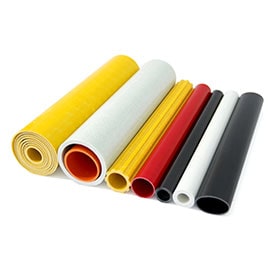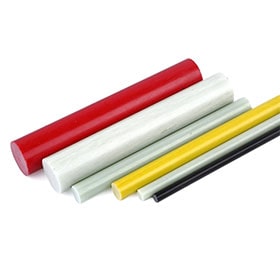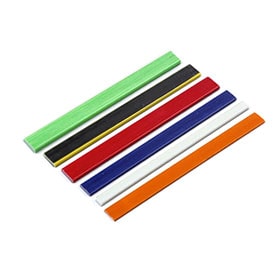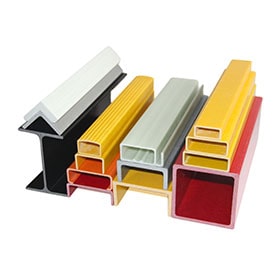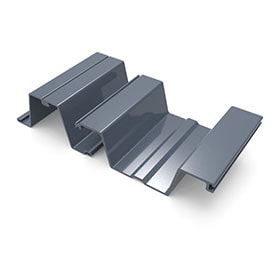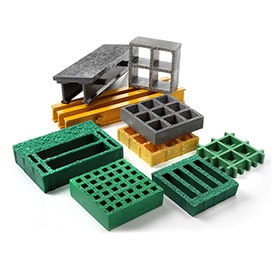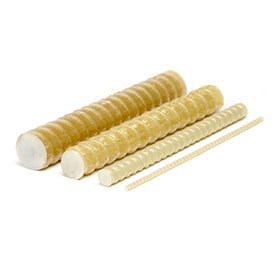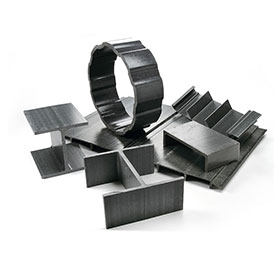
Fiber-reinforced polymer (FRP) piles are a new type of composite material that can be used for marine construction and engineering. FRP piles consist of a concrete-filled circular FRP tube, which acts as both reinforcement and permanent formwork for the concrete. FRP piles have many advantages over traditional materials such as steel, wood, or concrete in marine environments, such as:
High Strength and Durability
FRP piles have high specific strength, which means they have a high ratio of strength to weight. This makes them suitable for applications where high load-bearing capacity and low self-weight are required, such as offshore structures and bridge pier protection. FRP piles also have high resistance to corrosion, fatigue, and impact, which are common problems in marine environments. FRP piles do not rust, rot, or deteriorate due to exposure to seawater, chemicals, or biological agents. They can withstand harsh environmental conditions such as high temperature, humidity, salinity, and UV radiation.
Low Maintenance and Long Service Life
FRP piles require minimal maintenance and inspection, which can reduce the operational costs and environmental impacts of marine projects. FRP piles do not need painting, coating, or cathodic protection, which are often required for steel or concrete piles. FRP piles also have a long service life, which can be estimated by using diffusion models and time-temperature superposition principles. These models can account for the effects of water ingress and mechanical degradation on the properties of FRP piles over time.
Design Flexibility and Aesthetic Appeal
FRP piles offer a high degree of design flexibility and aesthetic appeal for marine applications. FRP piles can be manufactured in various shapes, sizes, colors, and finishes to suit different project requirements and preferences. FRP piles can also be easily cut, drilled, or spliced on site to accommodate changes in design or installation conditions. FRP piles have a smooth surface and a uniform appearance, which can enhance the visual quality and attractiveness of marine structures.
Cost-Effectiveness and Sustainability
FRP piles are cost-effective and sustainable alternatives to traditional materials for marine applications. FRP piles can reduce the material and labor costs of marine projects by using less material, requiring less equipment, and simplifying the installation process. FRP piles can also reduce the environmental impacts of marine projects by using recycled or renewable materials, reducing waste generation, and lowering greenhouse gas emissions. FRP piles can contribute to the conservation of natural resources and the mitigation of climate change.
Conclusion
FRP piles are a revolutionary composite material that can provide many advantages for marine applications. FRP piles have high strength and durability, low maintenance and long service life, design flexibility and aesthetic appeal, and cost-effectiveness and sustainability. FRP piles are suitable for various marine applications such as fender piles, dauphins, supports for marine structures, and bridge pier protection. FRP piles are expected to have a growing demand and market share in the marine construction and engineering industry in the future.
 +86 15303735673
+86 15303735673 Jessica@frpzs.com
Jessica@frpzs.com
 Technical Data
Technical Data


